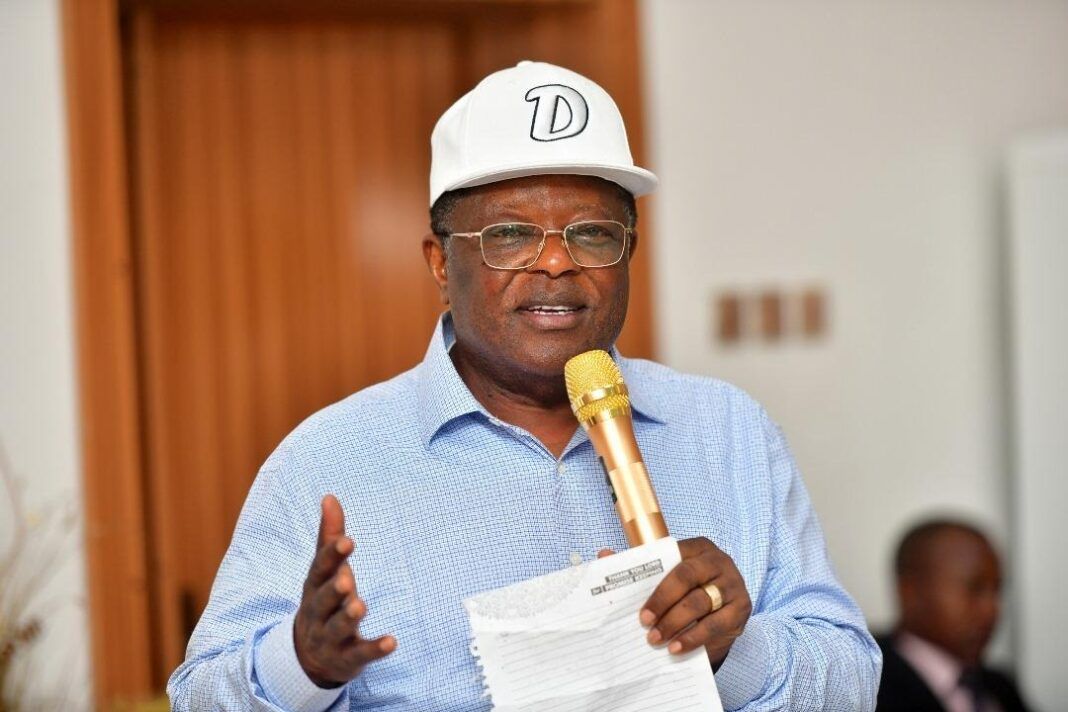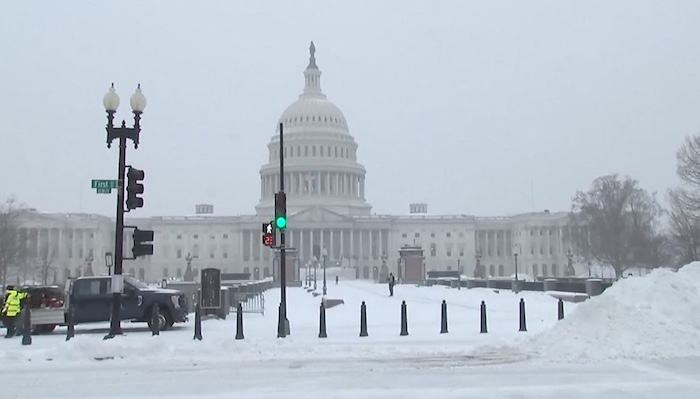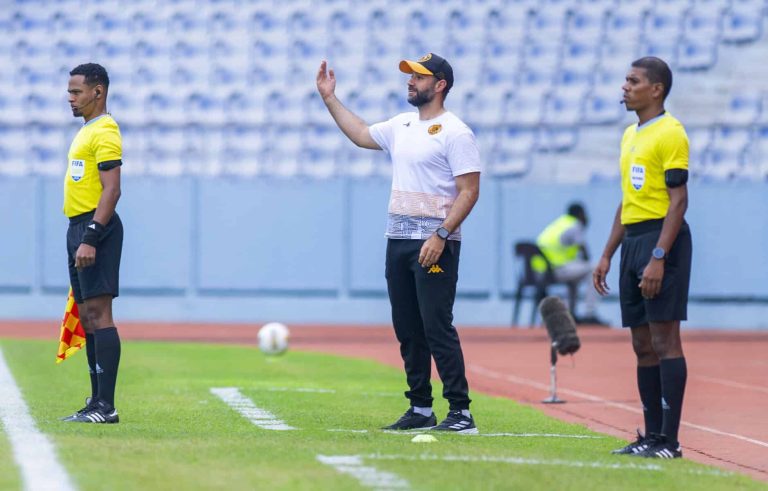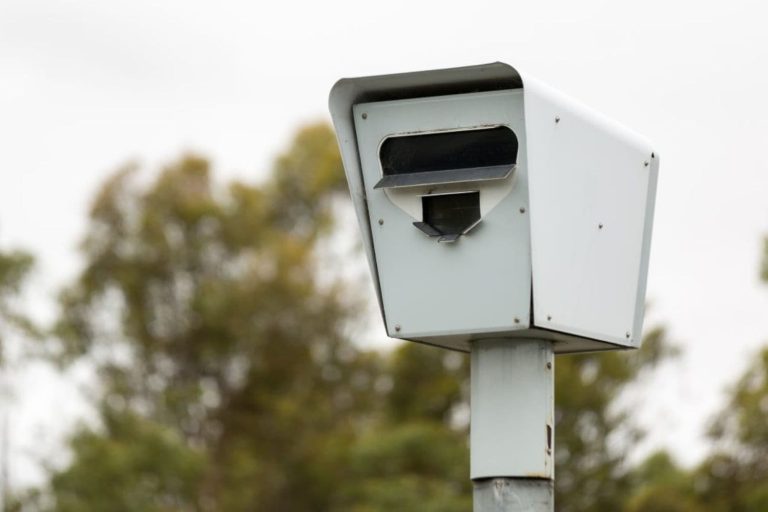
Umahi Confirms 47km Stretch Ready for Traffic as Court Dismisses Winhomes Suit Against Project
The Federal Government has confirmed that the first 47-kilometre section of the Lagos–Calabar coastal highway will officially open to traffic in December 2025.
Minister of Works, David Umahi, disclosed this on Sunday during an inspection tour of the project, noting that the opening is scheduled to take place between December 12 and 17.
Umahi said both the government and the contractor remain committed to delivering the initial segment of the 750-kilometre superhighway, which will span nine coastal states once completed.
“This job must be completed. We are here on the President’s directive, working for the people, to ensure that the carriageway is opened for public use by December,” he said. “We have agreed with the contractor, and that is what we are assessing now. Everything will be done to provide unfettered access from channel 0 to channel 47, up to channel 55; that is our intention.”
He added that the official public opening would take place from December 12 to 17 without halting construction work. According to him, the government has also earmarked April next year for the completion of Section 1 and half of Section 2, excluding bridges, for full commissioning.
“The contractor is working to ensure that the entire Section 1 plus half of Section 2 will be completed by April 2026,” he said.
Court Strikes Out Winhomes Suit
In a separate development, Umahi addressed recent media reports surrounding a lawsuit filed by the CEO of Winhomes Global Services Limited, Stella Okengwu, over the alignment of the coastal highway.
He revealed that the Federal High Court has struck out the suit, ruling that it lacked merit and that the plaintiffs had no legal standing to bring the action.
According to the minister, Okengwu had publicly alleged that the highway was deliberately diverted into a Winhomes residential estate in Okun Ajah, Lagos, endangering an investment valued at more than $250 million. Umahi countered that what was being referred to as a “residential development” was nothing more than a gatehouse structure.
He added that court documents submitted by Okengwu contradicted her public claims, noting that she had admitted in her affidavits that Winhomes had already sold the disputed land to third parties.
“Having divested their interest in the property, the foundation of the company’s public assertions becomes fundamentally inconsistent with the position they presented before the court,” Umahi said.
The court held that since Winhomes no longer had proprietary rights to the land, they could not sue and had failed to establish any reasonable cause of action.
Umahi accused Okengwu of spreading false information to discourage foreign investors and tarnish the federal government’s efforts to transform road infrastructure.
“She has told several lies against the Minister of Works… The court has exposed her claims as mendacious and unfounded,” he said, urging the public to disregard her allegations.



